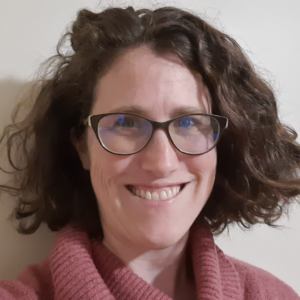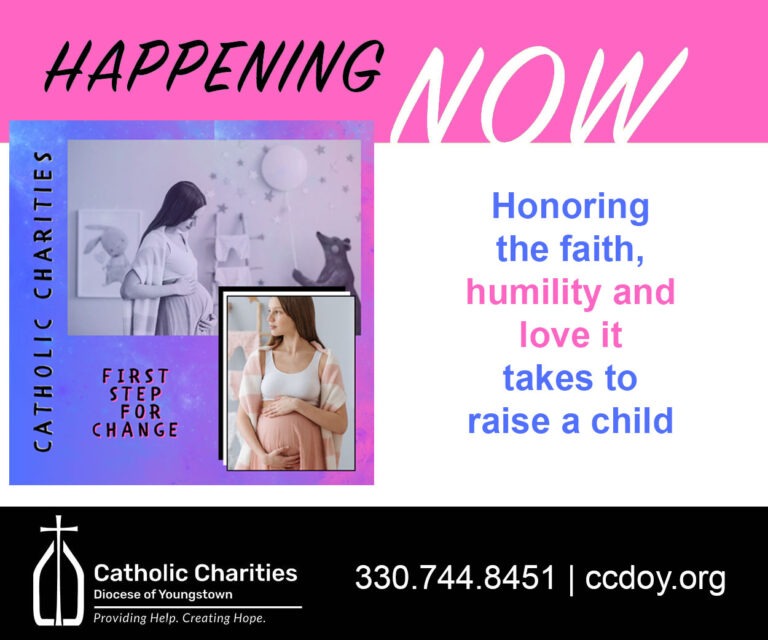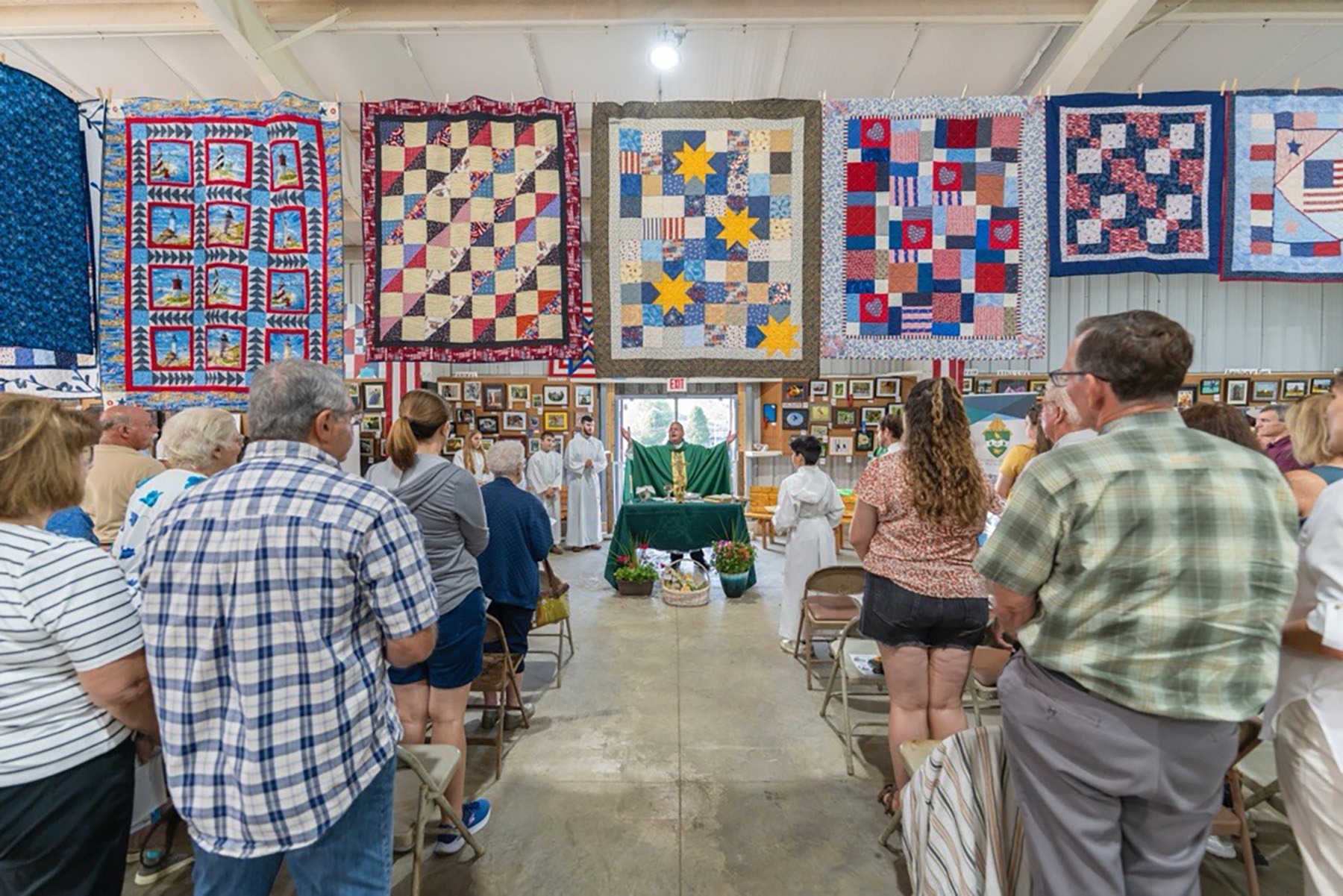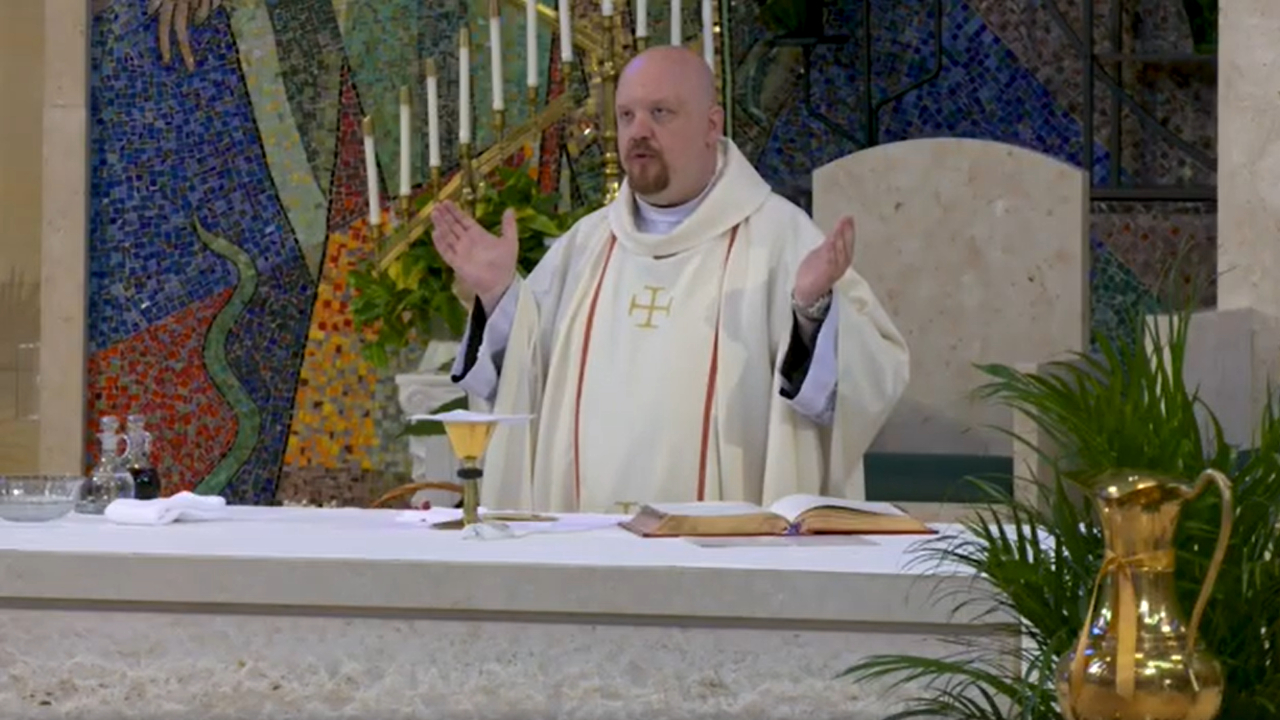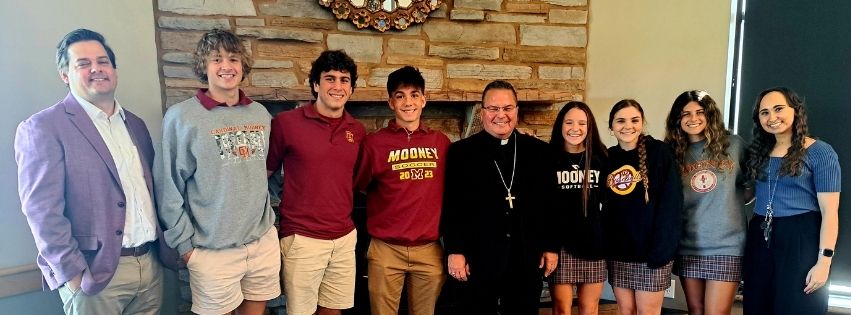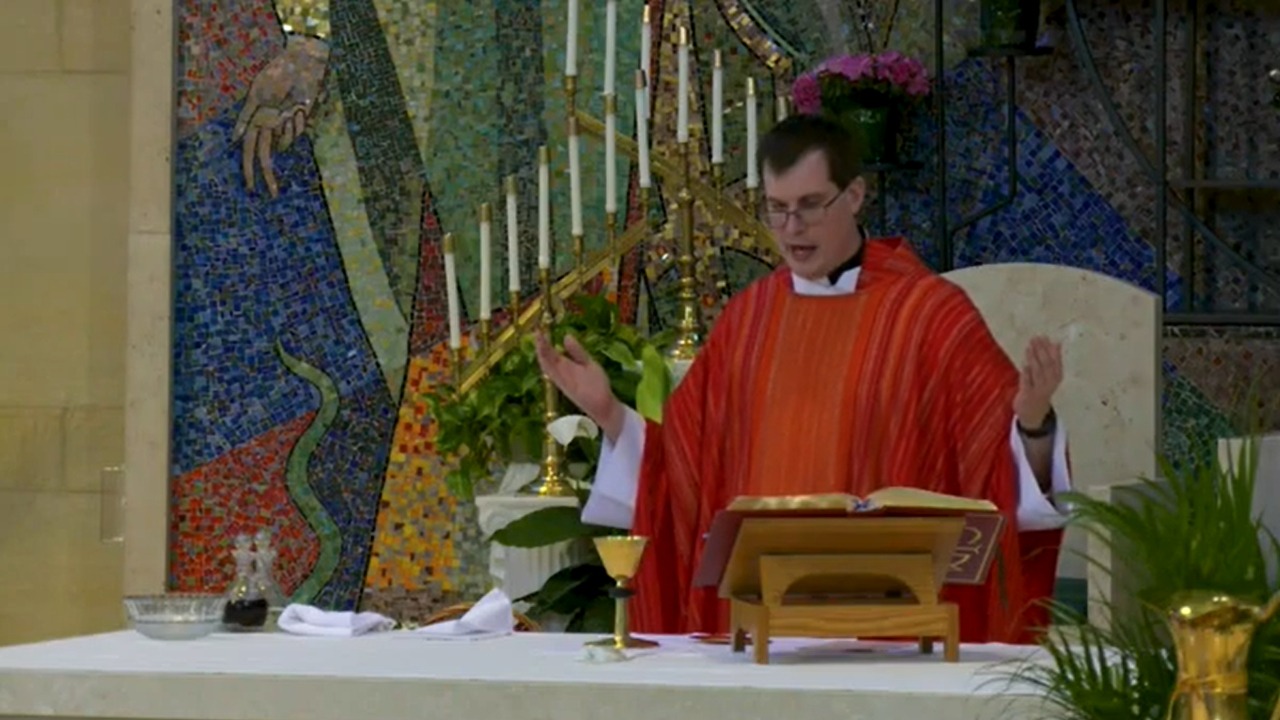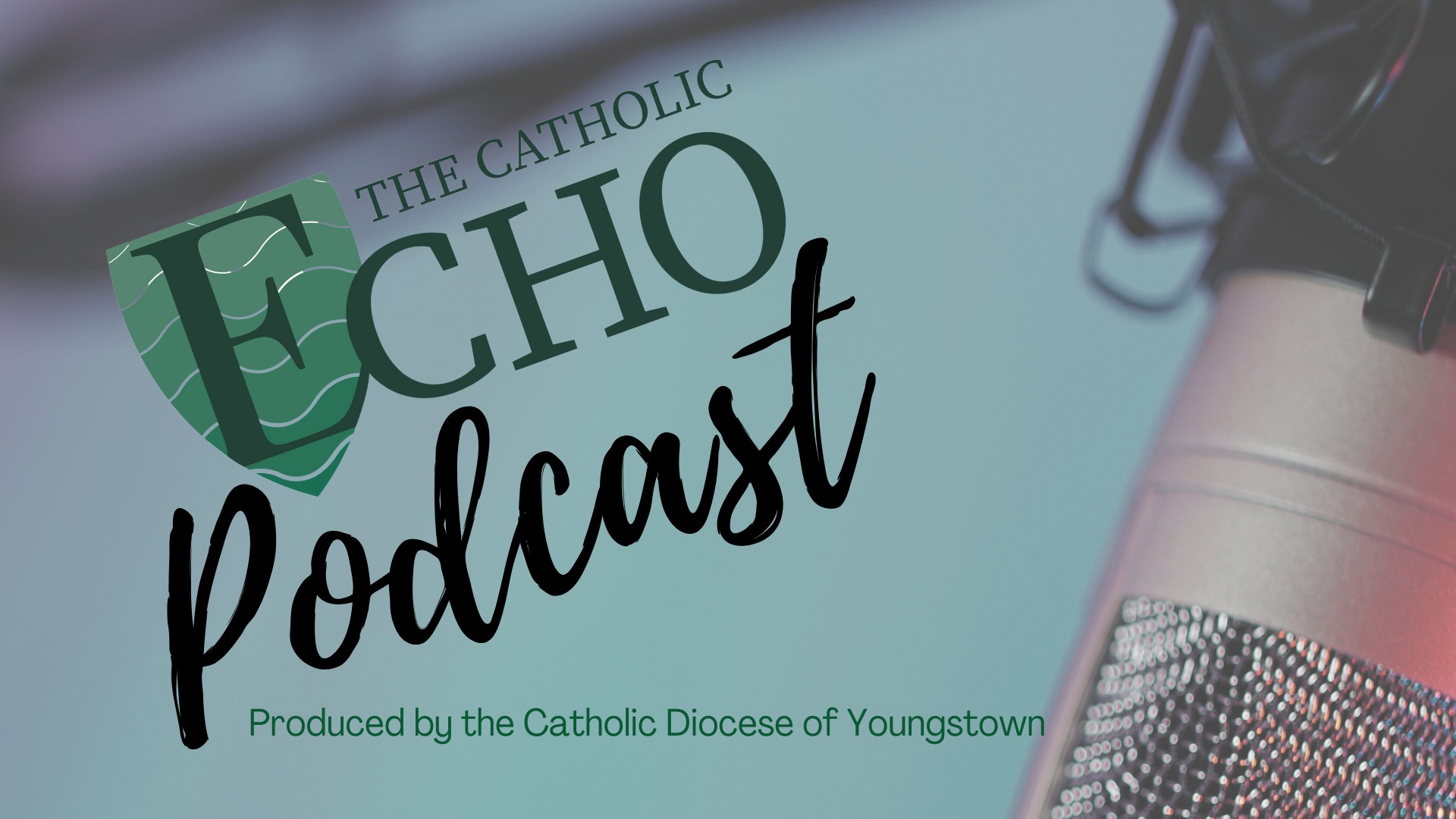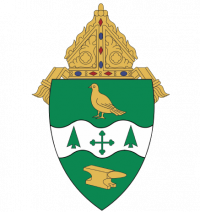NOTE: April is Child Abuse Prevention Month. All Catholic parishes, schools, and families are encouraged to use these resources to support your prayerful participation. Visit the Office of Safe Environment for diocesan policies & reporting procedures.
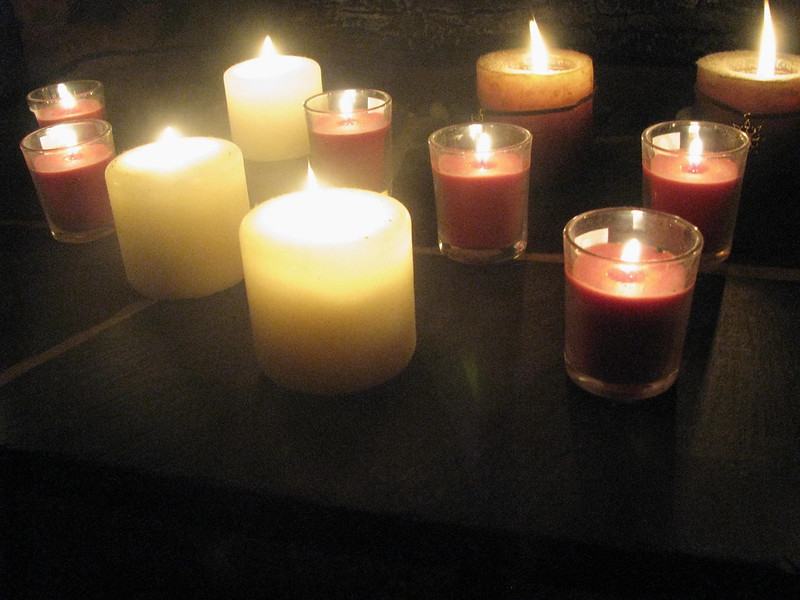
As a survivor of sexual assault, I know I am not alone.
I stand alongside the famous Simone Biles testifying before Congress. I stand with courageous young children who find a voice to quietly share their concerns. My abuse did not happen in a church setting. However, it is an invisible injury that will impact me for the rest of my life.
I am deeply grateful for the individuals who offer to share their stories. But I am not one of them.
Being able to describe what happened to you is a huge step towards both public justice and personal healing, but only if you can do it in a safe space. In order for a witness of any kind of trauma or crime to come forward and share their concerns, they need two things:
- They need to be taken seriously.
- Reporters need to be protected.
This is why we have confidential reporting hotlines and victims assistance coordinators. Reporters of abuse are not required to give their own name, though it does help investigations verify information if they are willing. Victims of crimes should be able to seek justice without their identity and life experiences on public display.
So I want to make this clear to my neighbors who publicly demand details about ongoing investigations: You may never know.
As Communications Manager for the Catholic Diocese of Youngstown, I facilitate transparency on behalf of our diocesan offices by making information publicly available. I am passionate about this work, but it has its limits. Please, if today you hear God’s voice in the suffering of victim-survivors, harden not your hearts. Stop demanding “transparency” because you disbelieve reports that have been found valid enough to warrant investigation or action.
Transparency does not mean that the public has the right to know voyeuristic details about an accusation, or the identity of reporters. Transparency does mean that the diocese (or any organization receiving accusations) is required to:
- let the public know what the processes are for reporting (visit doy.org/report-abuse),
- cooperate with appropriate civil authorities, and
- report the final verdict of credible investigations in a timely manner.
What happens in between reporting and the verdict of investigations is not public information.
The general public has no right to a graphic, descriptive narrative of every alleged crime or report. It should be up to survivors, not the press, whether they feel comfortable telling their own story in public. This is a mercy and protection for abuse reporters, survivors, and their families, unless they come forward to the press and decide to disclose, and at a time when it will not disrupt legal investigations.
There are times when after thorough inquiry, the accused is indeed acquitted and restored to their good name. My friends and neighbors, please recognize that the confidentiality of an initial investigation is also in the best interest of anyone wrongly accused. If you truly believe that someone under investigation is trustworthy, then leaked details will only undermine our American right to be considered innocent until proven guilty.
This is why the stories in child protection training help me hope instead of despair: they are intended to inspire a change of heart. I have been required to complete many training sessions over 20+ years working with children and vulnerable adults, and they are always an emotional experience for me.
The depressing part of mandatory child protection training for me is fellow participants who continue in their hardness of heart. It takes more than a 2-6 hour session to change some people’s minds about whether public figures should be held accountable for their actions, especially if they are seen as particularly gifted or valuable.
When my children were young, I sat in a VIRTUS training at a parish (not in our diocese) next to a coach. Before the session, he loudly complained about how this was a waste of his precious time. He cursed the diocese who made us listen to someone else’s “whining” just to avoid another lawsuit. During the session, he dismissed abuse as “no big deal.”
I did not speak up at the time, to him or anyone else in the room, about being a survivor. It was during an earlier mandatory child protection training for tutors in college that I first learned the words to label what happened to me years ago as “sexual assault.” This label helped me understand that it was indeed wrong. It can be difficult in the moment to recognize that someone is actually stealing money or coercing labor or neglecting a pet or demeaning a spouse. Whether it’s sexual assault or something else morally wrong and potentially criminal, sometimes in the emotional moment, it can feel unclear what exactly just happened to you.
After college, in the parish VIRTUS session, I felt once again unsafe and unsure. “Why should I care?” the angry coach asked the facilitator when it came time to share our responses to the testimonial videos. Her response was to end the discussion portion and rush through the rest of the material as quickly as possible. He walked out with his certificate to coach. I wished he was told to leave, and I silently decided never to enroll my children in programs at his organization.
The louder you broadcast “Why should I care?” the more victim-survivors like me may be silently vowing never to trust you. Unfortunately, there are a lot of us: one in four adult women and one in ten men. We can only hope they limit their distrust to your specific organization and not the entire Catholic Church or all schools or other important social institutions. The only way our organizations can earn back the trust of the public is to have patience with the process, and find gratitude that our leadership takes such reports seriously.
Remember: for the protection of victim-survivors AND those wrongly accused, there are many details you may never know. Investigations take time, but are necessary for justice and accountability.
P.S. to fellow victim-survivors: do not hurt yourself further by cutting off your community. Boundaries are important for safety and healing, but staying isolated can increase anxiety and depression. It can be hard to build new relationships, or switch to a different parish or school or group. Still, healing is even harder if you stay home alone in your pain. Reconnecting is part of protecting yourself. Don’t surrender to loneliness.
You are not alone.
The diocesan Victim Assistance Coordinator, Mr. Dominic Colucy, is available to help anyone who has been abused or victimized by someone representing the Catholic Church. The Diocese encourages you to come forward and speak out by contacting Mr. Colucy via the confidential diocesan response line, 330-718-1388, or via email at dcolucy@youngstowndiocese.org.
